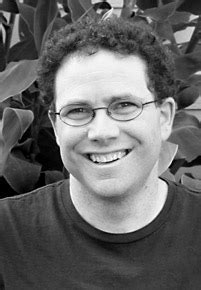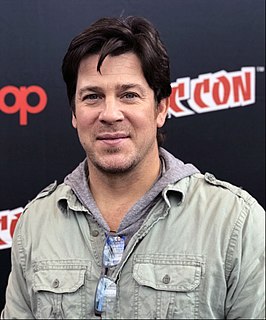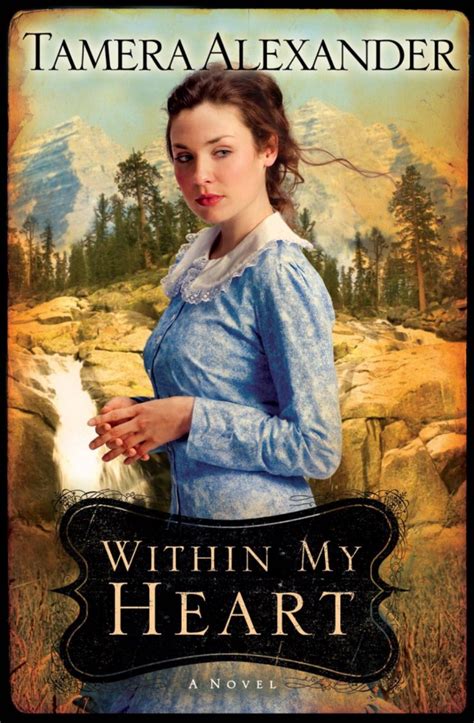A Quote by Hilton Als
I believe that one reason I began writing essays - a form without a form, until you make it - was this: you didn't have to borrow from an emotionally and visually upsetting past, as one did in fiction, apparently, to write your story.
Related Quotes
I've been writing for a long time, since the late '60s. But it hasn't been in the same form. I used to write scripts for television. I wrote for my comedy act. Then I wrote screenplays, and then I started writing New Yorker essays, and then I started writing plays. I didn't start writing prose, really, until the New Yorker essays, but they were comic. I didn't start writing prose, really, until the '90s. In my head, there was a link between everything. One thing led to another.
I began as a poet, moved to short fiction, then to novel writing, and, for the past twelve years, back to stories. I sometimes wonder if the pendulum will swing all the way back to where I began. As T.S. Eliot says, "In my end is my beginning," but for now I'm staying put, sitting tight, and loving the short story form way too much to leave it quite yet.
I believe that any form of writing exercise is good for you. I also believe that any form of tuition which helps develop your awareness of the different properties, styles, and effects of writing is good for you. It helps you become a better reader, more sensitive to nuance, and a better writer, more sensitive to audience. Texting language is no different from other innovative forms of written expression that have emerged in the past. It is a type of language whose communicative strengths and weaknesses need to be appreciated.
If you start with the idea that you are going to be writing about a night in a graveyard, and that there are only a few living people in that frame, all sorts of interesting and difficult technical problems arise. And then form - new form, or experimental form - might be understood as just trying to tell that story most movingly and efficiently.
For me, my stories are spiritual journeys, and whenever I write, it's a form of worship. It's a form of my worship. Worship is not just Sunday morning as we all know. Worship is everything we do. Writing is most definitely a form of worship for me and, God as I'm writing, He takes me on these journeys.






































